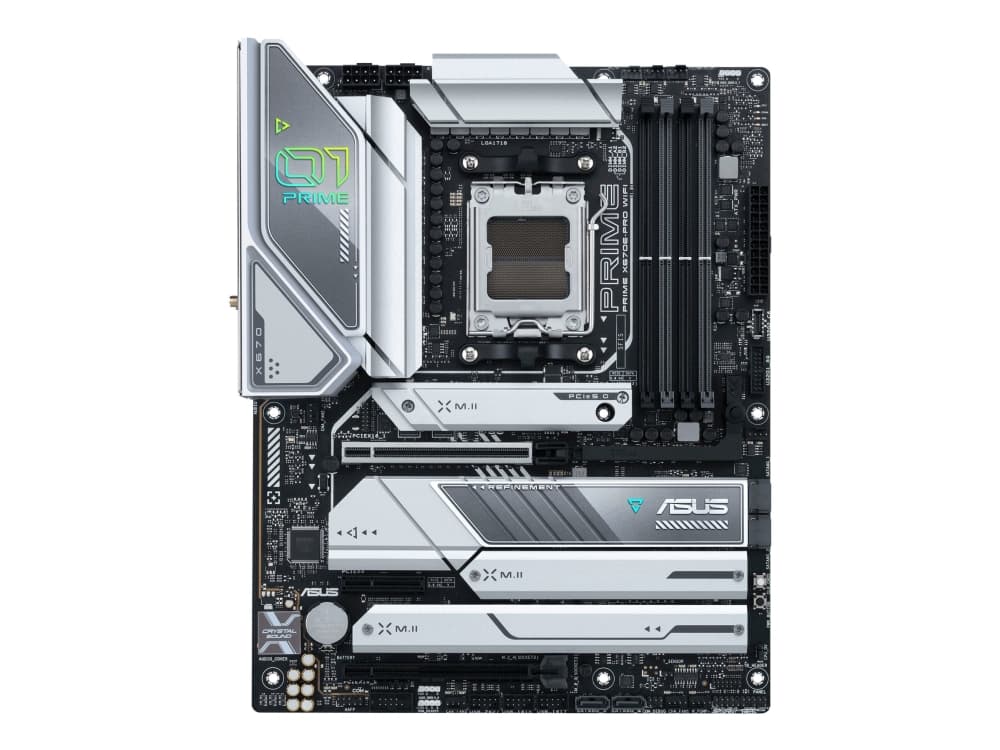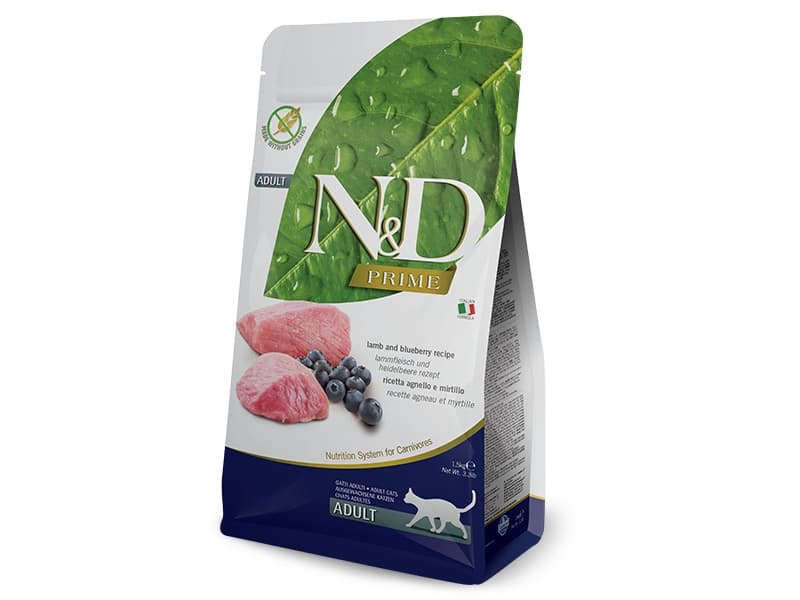In these days of facile cloning and rapid DNA sequencing, it is not uncommon for investigators to find themselves with a DNA sequence that may or may not code for a known gene product. The sequence is ‘open’ when read in an appropriate frame, which is to say that there is a long run of amino acid codons before the appearance of a terminator codon. How can we find out if this ‘unidentified reading frame’ (URF) really codes for a genuine protein, and how can we identify it if it exists? There are two general strategies, both of which can also be applied to the characterization of any ‘open reading frame’ (ORF), whether or not it has been ‘identified’. The first and simplest approach involves computer searching and analysis; the second employs antibodies raised against synthetic peptides patterned on the sequence of the expected gene product. Both methods have been used with great success by many investigators. Each has, nonetheless, its pitfalls and frustrations. This primer is meant to guide the researcher past those obstacles as much as possible. Graduate students and researchers interested in amino acid sequencing; molecular biologists, biochemists, chemists, and biotechnologists.












